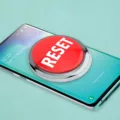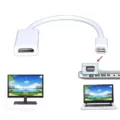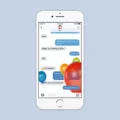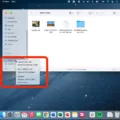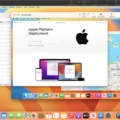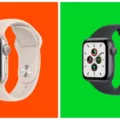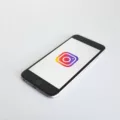Are you loking to enable iMessage on your iPhone 8? Here is a step-by-step guide to help you out.
First, open the Settings app and select Messages. From here, toggle the switch next to iMessage so that it’s in the green ‘on’ position. This will activate iMessage on your device.
Next, make sure that you have an active internet connection. This can be either Wi-Fi or cellular data, though we recommend using Wi-Fi for the best experience.
Once you have an active internet connection, navigate back to the Messages menu in the Settings app and tap Send & Receive. In this section, you will find two sets of options – one for sending messages and one for receiving messages. Make sure that both of thse are set to use your Apple ID and phone number as the default options (note: if your Apple ID isn’t registered with a phone number, it won’t show up here).
Finally, wait a few minutes and then reboot your iPhone 8 by pressing and holding down the power button until “slide to power off” appears on the screen. Once your device has restarted, try sending a test message via iMessage to ensure that it’s working correctly.
And there you have it! Following these steps should enable iMessage on your iPhone 8 with ease – just make sure to keep your internet connection active at all times for optimal performance.
Troubleshooting iMessage Issues on iPhone 8
The most common reason iMessage does not work on an iPhone 8 is because it is either turned off on your device or on the recipient’s device. To check if iMessage is turned on for your device, go to Settings > Messages > iMessage. If it is turned off, simply turn it back on and you sould be able to send iMessages again. Another possibility could be that iMessage is temporarily unavailable due to a system issue or outage. If this is the case, wait a while and try again later.
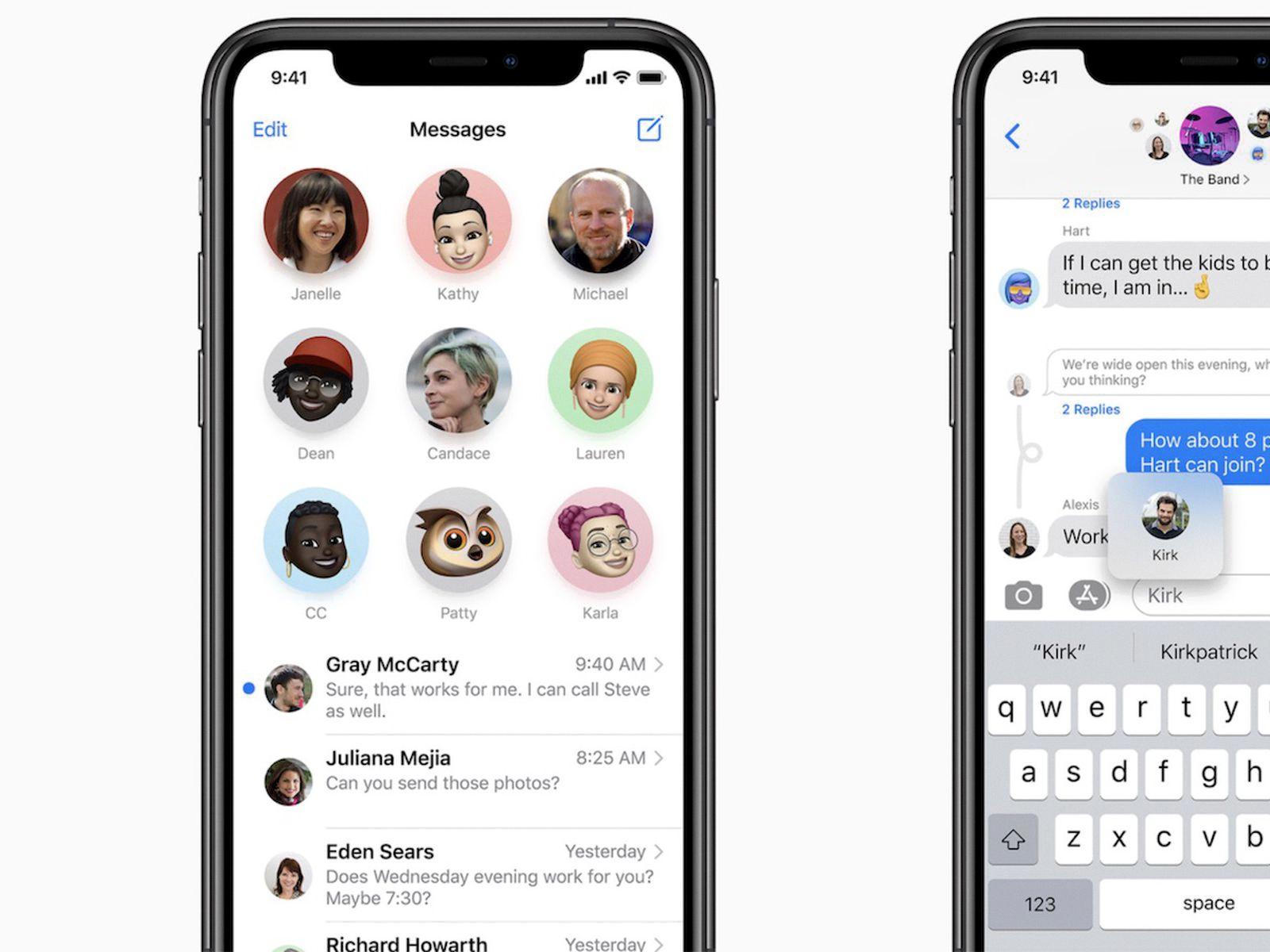
Source: macrumors.com
Activating iMessage on an iPhone 8
To activate iMessage on your iPhone 8, start by going to Settings > Messages. Make sure the toggle for iMessage is turned on. Then, tap ‘Send & Receive’ and make sure that your phone number and Apple ID are selected in the “You can receive iMessages to and Reply From” section. If you don’t see your phone number there, tap ‘Add Another Email…’ and select your phone number from the list of options. Once you’ve added your phone number there, it should now be listed in the “You can receive iMessages to and Reply From” section. Finally, tap ‘Done’ to save the changes and you should now be able to use iMessage!
Does the iPhone 8 Support iMessage?
Yes, the Apple iPhone 8 Plus running iOS 11.0 supports iMessage. To use this feature, you need to go to the Settings app, select Messages, and then toggle the switch next to “iMessage” to turn it on. You can also toggle the switch next to “Send as SMS” if you want to send messages as plain text when iMessage isn’t available.
Enabling iMessage on iPhone: Challenges and Solutions
There could be several reasons why you’re not able to enable iMessage on your iPhone. First, make sure that your device has the latest version of iOS or iPadOS installed. If you’re usng an iPhone, contact your carrier to make sure that you can send and receive SMS messages. Additionally, check if Do Not Disturb is enabled in Settings > Do Not Disturb and if there are any restrictions in place in Settings > Screen Time. You may also need to reset your network settings by going to Settings > General > Reset and tapping “Reset Network Settings”. If all else fails, contact Apple Support for further assistance.
Conclusion
The iPhone 8 is a great device for people who want the latest technology and features. It has a sleek design, advanced camera, long-lasting battery life, and is compatible with many popular apps. With its powerful processor and iOS 11 operating system, it can handle almost any task. The iMessage feature allows users to easily communicate with friends and family. With all these features, it’s no wonder the iPhone 8 is one of the most popular devices on the market today.

